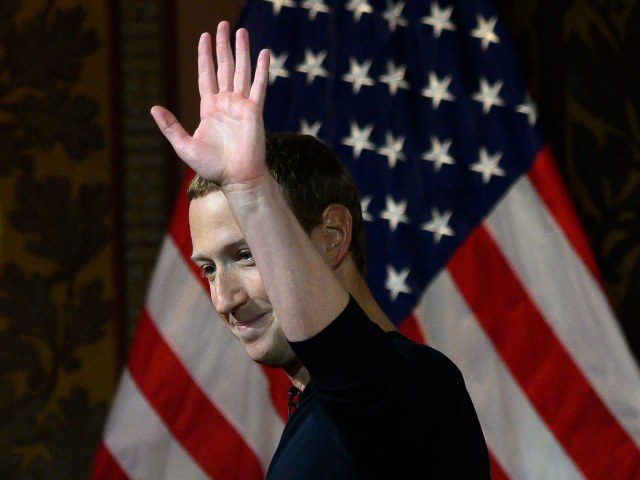Jack Dorsey, Sundar Pichai, and Mark Zuckerberg all testified before a joint hearing of two congressional committees today. With the chief executives of three of the most powerful technology companies facing questions from lawmakers, you’d expect some interesting things to be said, right?
Wrong. And if you’ve watched these hearings before, you already know that.
Tech CEOs have been hauled before Congress with increasing regularity over the past four years, and the hearings always follow the same formula.
Democrats: censor more!
Republicans: censor less!
Sometimes, if the lawmakers’ understanding of the law is a little more sophisticated, it goes like this.
Democrats: censor more — or Section 230 reform!
Republicans: censor less — or Section 230 reform!
With a partisan logjam like this, the only way meaningful Big Tech reform (in either a pro-censorship or anti-censorship direction) can possibly happen is if one side tricks the other.
As always, Democrats are ahead on this — they convinced a number of their Republican colleagues to sign on to the diabolical “Journalism Competition and Preservation Act,” better understood as the Establishment Media Cartel Act.
The bill, no doubt pitched to Republicans as a way to rein in Silicon Valley, would simply deepen the unholy alliance between Big Tech and Big Media, allowing the latter to pressure the former into giving it even more advantage over independent outlets and regular platform users.
Absent trickery like that, there is not even a glimmer of bipartisan congressional action on big tech to protect ordinary Americans from Big Tech in any area, whether it’s censorship, privacy, or competition.
The hearings are now a broken record, in which Democrats highlight examples of so-called disinformation, and Republicans highlight examples of censorship, and the tech CEOs promise to work on both issues — even though you can’t clamp down on disinformation without increasing censorship.
This hearing was no different.
“My 70-plus year old mother in law… commented to me… that they were worried about the vaccine and that somebody is going to put a chip in their arm. For God’s sakes, that to me, was just unbelievable that they would comment on that. But they got that information on the internet, on various platforms,” said Rep. Tony Cárdenas (D-CA).
Somebody saw something on the internet that may not be true? Shocking, absolutely shocking. Something must be done!
And of course, the tech CEO being questioned, Mark Zuckerberg, nodded along. “We have an international fact-checking program… This is certainly something that we invest a lot in, and it will be something that we continue to invest more in.”
The Republicans? They said what you expect. None of it was bad, and certainly not as absurd as Democrat complaints about “disinformation.”
But we’ve heard it before. So many times before.
“Whether it’s censoring pro-life groups like Live Action, or pro-second amendment groups like the Well Armed Women, the platforms continually shut down law abiding citizens and constitutional discussions, and comments that don’t align with Big Tech views and the worldview, and these include the First and Second Amendments,” said Rep. Tim Walberg (D-MI)
And the CEOs nodded along. “I don’t think we should be the arbiters of truth and I don’t think the government should be either,” said Jack Dorsey.
So, the tech CEOs assure Republicans that they won’t be the arbiters of truth, while assuring Democrats that they will in fact be the arbiters of truth (and “disinformation”). It’s one thing to be two-faced and play both sides, but it’s another to do it in the same congressional hearing.
The rest of the hearing went much the same way. Republicans raising examples of political censorship. Democrats raising examples of so-called disinformation and hate speech. The tech CEOs somberly agreeing with both sides.
Of course, “disinformation” — the theme of the hearing — is just an excuse for the left to censor its political opponents. It’s not that both sides have equally valid complaints against the tech giants. They don’t.
What they do have are equally predictable complaints.
Political theater can be exciting. Especially when powerful private actors are being put on the spot in public, regarding issues they’ve never been confronted with before.
When it comes to Big Tech hearings, however, it is abundantly clear that all sides are at this point just going through the motions.
Allum Bokhari is the senior technology correspondent at Breitbart News. He is the author of #DELETED: Big Tech’s Battle to Erase the Trump Movement and Steal The Election.

COMMENTS
Please let us know if you're having issues with commenting.